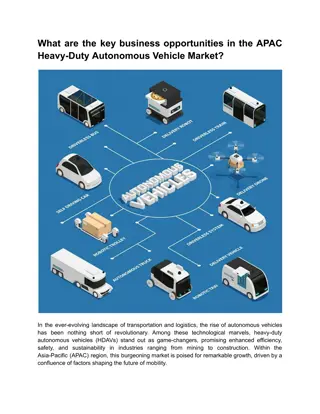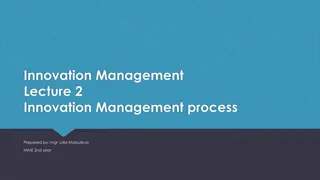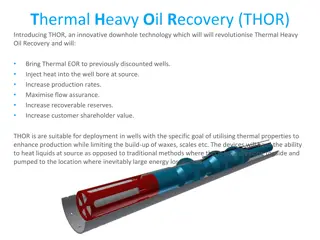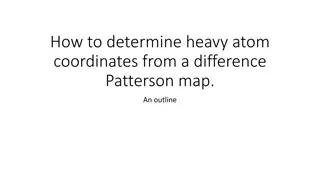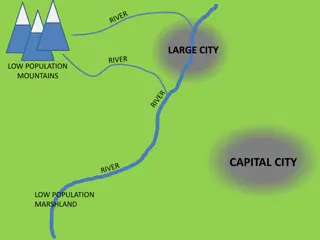How to Pull Something Heavy
Tackling a heavy load can be daunting, but with the right technique and tools, it becomes manageable. This guide provides essential tips on how to pull something heavy effectively, emphasizing proper body mechanics and equipment usage. From understanding leverage to utilizing strength efficiently, you will learn practical strategies to make the task less challenging. Whether you're moving furniture or industrial equipment, mastering these techniques will help you pull comfortably and safely.
Download Presentation

Please find below an Image/Link to download the presentation.
The content on the website is provided AS IS for your information and personal use only. It may not be sold, licensed, or shared on other websites without obtaining consent from the author.If you encounter any issues during the download, it is possible that the publisher has removed the file from their server.
You are allowed to download the files provided on this website for personal or commercial use, subject to the condition that they are used lawfully. All files are the property of their respective owners.
The content on the website is provided AS IS for your information and personal use only. It may not be sold, licensed, or shared on other websites without obtaining consent from the author.
E N D
Presentation Transcript
How to Pull Something Heavy
forkLift tractor strongman tow truck
On April 4, 1974, John Massis of Belgium managed to move two train passenger cars belonging to New York s Long Island Railroad. He did so by clamping his teeth down on a bit that was attached to the cars with a rope and then leaning backward while pressing his feet against the railway ties. The cars together weighed ~80 tons. Did Massis have to pull with superhuman force to accelerate them?
Do now: The car is pulling the green block to the right. Assume that the system is in equilibrium (that is that the block is so heavy that the car cannot move it from its stationary position). Draw a diagram showing and labeling all the forces acting on the car and a block! Direction of car s pull
Free Body Diagram normalforce normalforce force generatedby motor tensioninthestring forceofkinetic friction forceofstatic friction weight of the car weight of the block
y Ncar Nblock x T T Fmotor FblockFriction FwheelFriction Wblock Wcar In y direction: ?????? ??????= ?????????????? = ?????? ?????? ???? ????= ?????????????? = ???? ???? ??????= ?????? ????= ???? In x direction: ???? ????= ?????????????? = ? ?? ???????????+ ?????? ?????? ??????= ?????????????? = ? ?????????????? 0 = ? ?? ???????????+ ?????? 0 = ? ?????????????? Adding both equations: ? ??????????????+ ( ? ?? ???????????+ ??????) = 0 ?????????????? ?? ???????????+ ??????= 0 ??????= ?? ???????????+ ??????????????
??????= ?????????????+ ?????????????? Now we know that ?????? ?? ??????????? = ?????????????? ?????= ?????? ?? ??????????? = ?????? ???????? ???? ?????> ?????????????? FYI: if you want the car to pull over a heavy object, just let
Ncar Nblock T T Fmotor FblockFriction FwheelFriction Wblock Wcar We just found out that: The pulling force of the car measured using a spring scale can be expressed as ?????= ?????? ???????? ???? To move a block from rest, the pulling force must be greater than the force of static friction on the block ?????? ???????? ????> ??????????????




